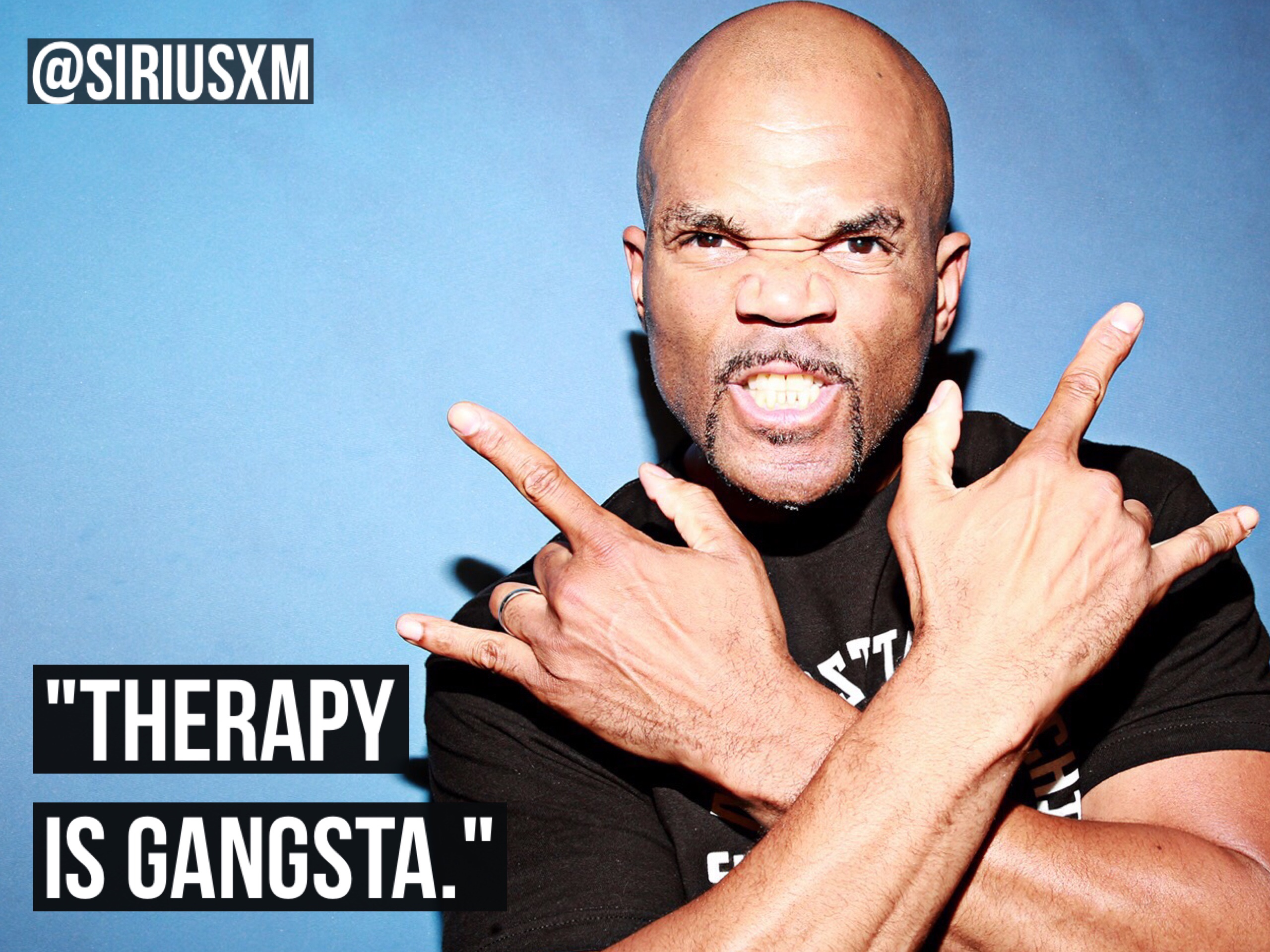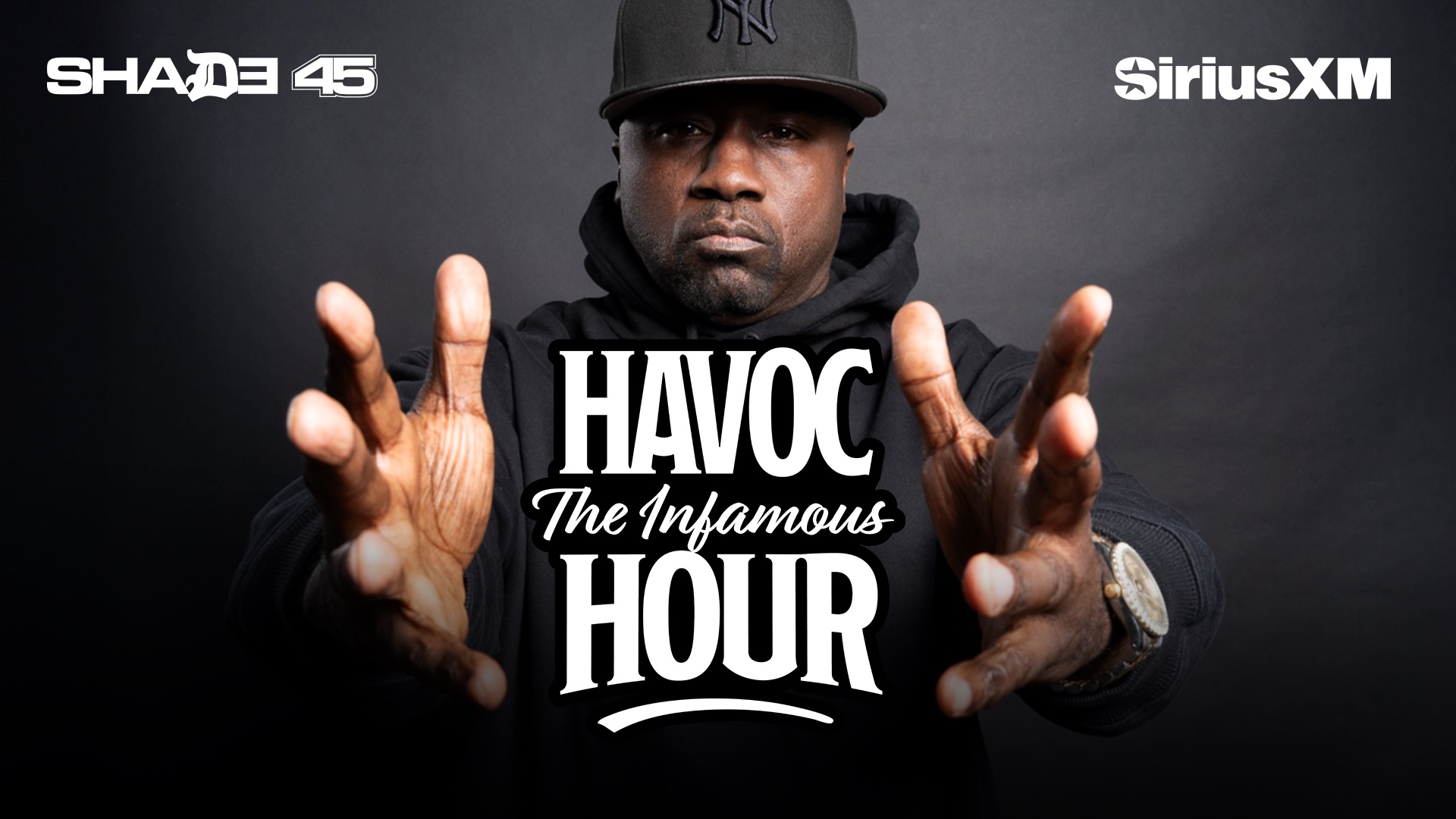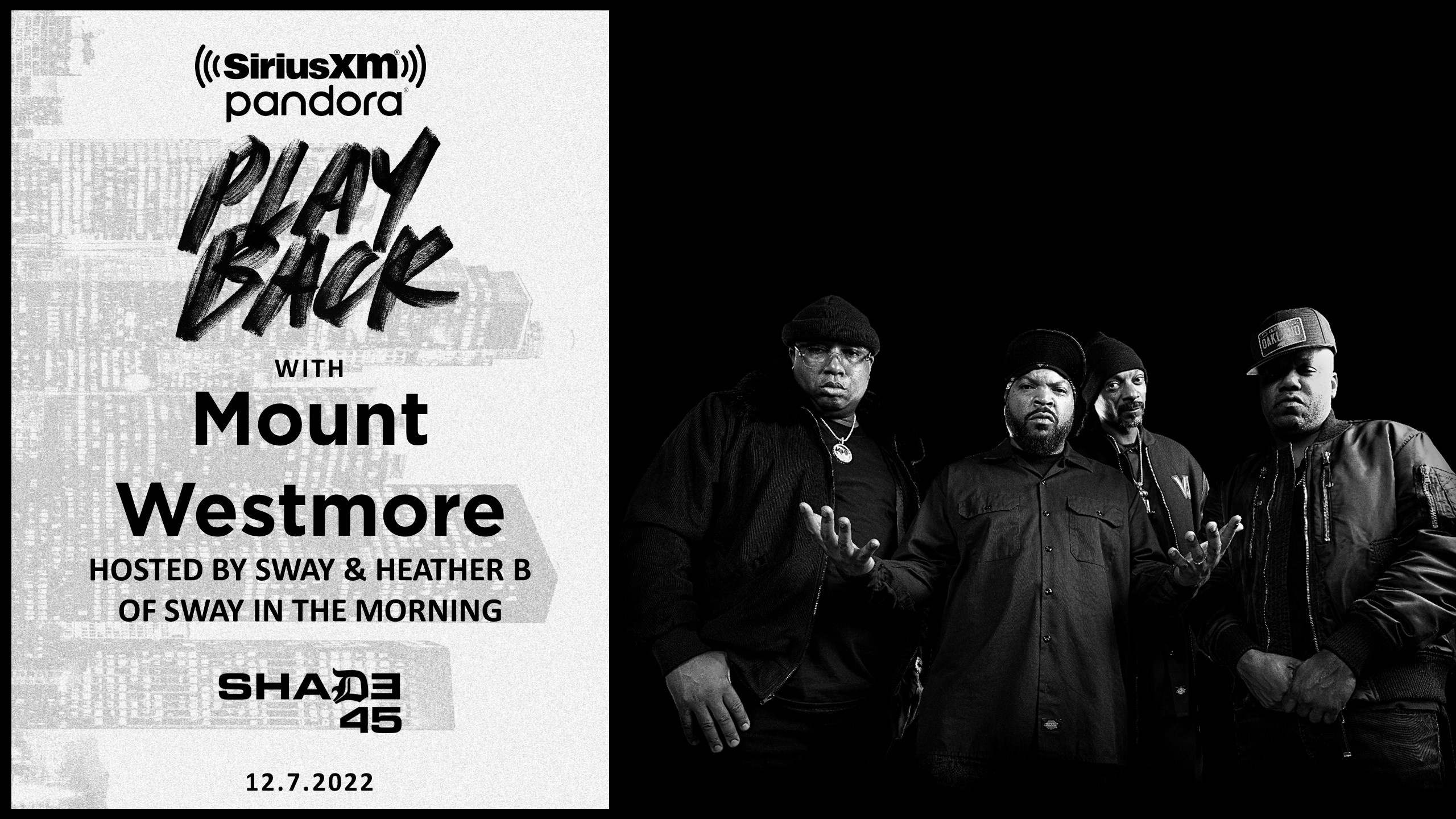D.M.C. talks depression, therapy and healing in Facebook Live chat
Darryl McDaniels, better known as D.M.C from the pioneering hip-hop group Run-D.M.C., has opened up about his severe battle with depression in his new book, Ten Ways Not To Commit Suicide. Following the murder of Jam Master Jay and the breakup of … Continued

Darryl McDaniels, better known as D.M.C from the pioneering hip-hop group Run-D.M.C., has opened up about his severe battle with depression in his new book, Ten Ways Not To Commit Suicide.
Following the murder of Jam Master Jay and the breakup of Run-D.M.C., McDaniels fell into a deep depression fueled by the discovery at age 35 that he was adopted as a child and the pain of nearly losing his voice. Alcohol wasn’t enough to fill the void, so he seriously considered suicide to end it all.
In a Facebook Live discussion on SiriusXM today (8/2), D.M.C. talked about his emotional recovery, what helped him overcome his fear of therapy, the advice he gives to others who have experienced similar pain and despair, and his decision to write a book.
“When I finally went to seek help to get sober, I discovered one of the most gangster, most powerful things that a man, especially a black man, could do, and that was go to therapy,” he said.
“It was at therapy where I was able to identify with the real Darryl — the guy that made the D.M.C. ‘King of Rock’ thing possible — and discovered that when I got away from my truth, when I got away from expressing my true feelings and opinions, I was destroying my very existence,” he continued. “There is no D.M.C. unless Darryl is right.”
He went on to talk about how Run’s success with his reality-TV show and people’s concern over what he had been up to and why he wasn’t seeing the same success forced him to publicly address his struggles.
“People would go, ‘We’re very glad that you’re seeking help. We’re very glad that you’re sober. …You don’t ever have to rhyme again. We’re so happy that you didn’t commit suicide. We’re glad that you’re here, but then they’d go, ‘Yo, can you come talk to my dad because he’s an alcoholic and he won’t go to rehab. Or a lot of parents would go, ‘Can you come talk our daughter, our son because we had to let them know they was adopted, and now they’re acting out’.”
At that point, McDaniels realized his platform could really help people, and coming from his mouth made it all the more powerful for people, especially kids, to relate.
“If D.M.C. comes and says that he’s an alcoholic, or if D.M.C. comes and says he’s depressed, or if D.M.C. comes and…tells my little daughter or son that he’s adopted just like them, I found out that we were having a positive result,” he said. “So that gave me the courage not to be afraid to tell people the truth about what I was going through.”
What he ultimately learned was that you have to express your feelings and emotions to people. He explained that therapists aren’t necessarily there to give you advice or solve your problems, but to listen to you express yourself. And that the act of self-expression is what heals.
Watch the full video above, and read about his journey in Ten Ways Not To Commit Suicide, out now.
For a free 30-day trial, check out http://www.siriusxm.com/freetrial/blog


